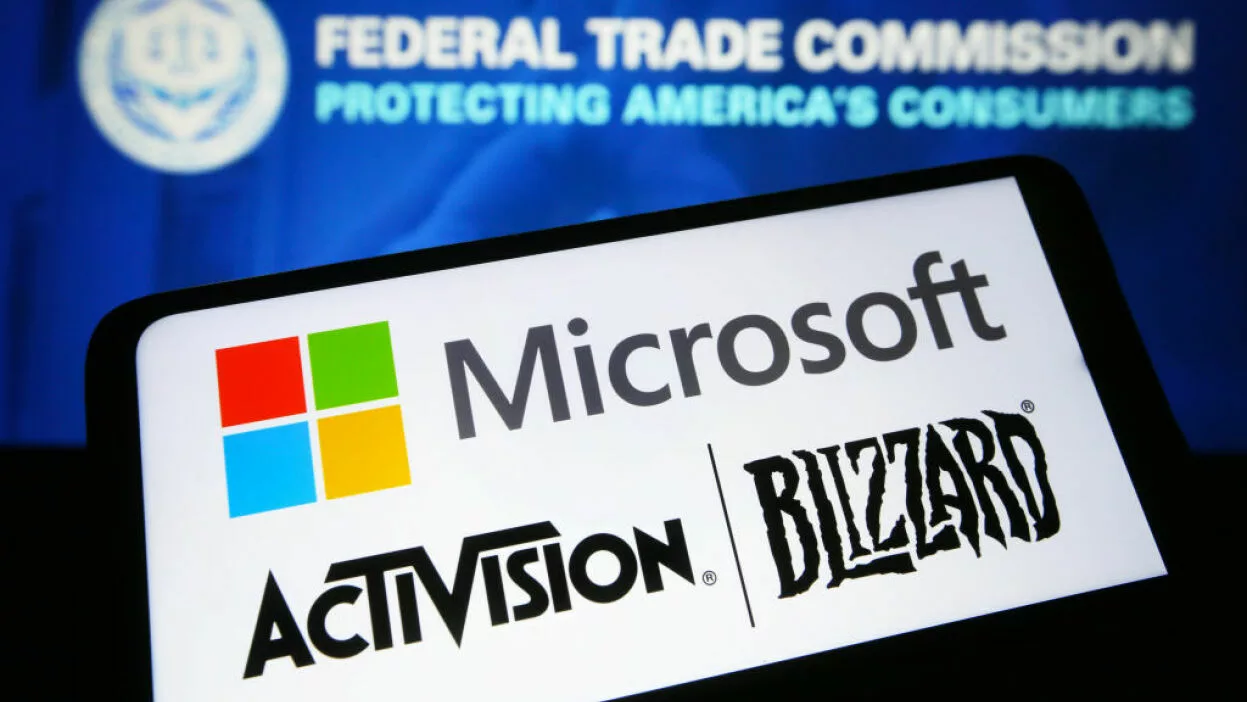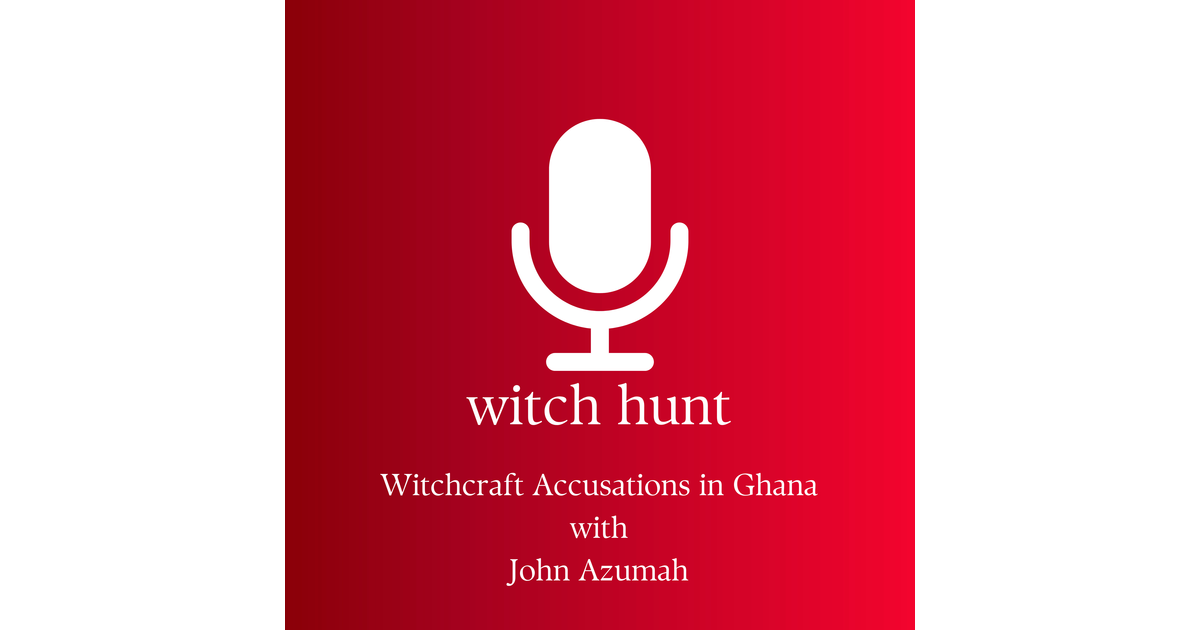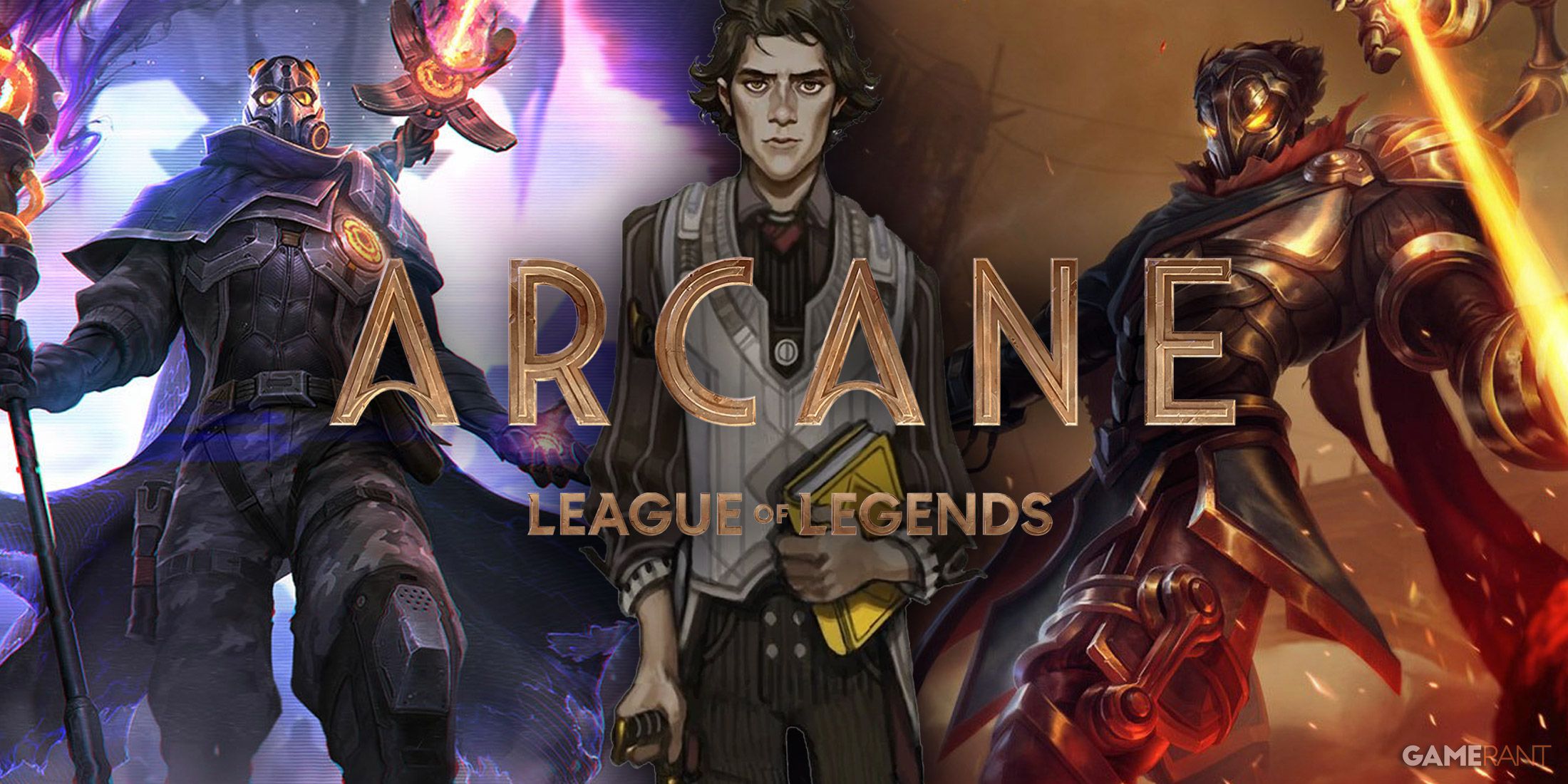FTC's Appeal Against Microsoft-Activision Merger Approval

Table of Contents
The FTC's Core Arguments Against the Merger
The FTC's appeal centers on several key arguments against the Microsoft-Activision merger, highlighting potential anti-competitive practices and harm to consumers.
Concerns about Reduced Competition
The FTC argues the merger will significantly reduce competition in the video game market, granting Microsoft an unfair advantage. This concern stems from several factors:
-
Microsoft's potential to restrict access to Activision Blizzard games on competing consoles: The FTC worries that Microsoft could make Activision Blizzard's popular titles, like Call of Duty, exclusive to its Xbox ecosystem, harming players on PlayStation, Nintendo Switch, and other platforms. This could stifle competition by limiting consumer choice and forcing players to switch consoles.
-
Leveraging Activision's franchises to stifle competition from other game developers: The FTC highlights the risk of Microsoft using Activision's popular franchises, including Call of Duty, World of Warcraft, and Candy Crush, to outcompete rival developers. By potentially offering exclusive content or features, or even by simply prioritizing their own development, Microsoft could weaken its competitors significantly.
-
Anti-competitive effects on the cloud gaming market: The FTC emphasizes concerns about Microsoft's growing dominance in the cloud gaming market. The merger could further consolidate Microsoft's power, potentially excluding rivals and reducing innovation in this rapidly expanding sector. This impacts both developers and players reliant on cloud-based gaming services.
The Importance of Call of Duty
The FTC's case heavily emphasizes the importance of Call of Duty, arguably Activision's most valuable franchise. The concern is that Microsoft could make it exclusive to Xbox, significantly harming competitors like Sony.
-
Call of Duty's player base and market share: Call of Duty boasts a massive player base and substantial market share, making it a crucial element in the overall gaming landscape. Restricting access to this title could drastically shift the competitive balance.
-
Financial implications for Sony and other competitors: Losing access to Call of Duty could inflict significant financial damage on competitors like Sony, impacting their console sales and overall revenue streams. This economic imbalance is a major concern for the FTC.
-
Microsoft's statements and commitments regarding Call of Duty availability: The FTC carefully scrutinizes Microsoft's past statements and commitments regarding Call of Duty's availability on other platforms, looking for inconsistencies or potential breaches of trust. Any perceived lack of commitment strengthens their anti-competitive argument.
The Role of Cloud Gaming
The FTC's concerns extend to the burgeoning cloud gaming market, where Microsoft already holds a substantial position. The merger could further solidify its dominance.
-
Current competitive landscape in cloud gaming: The FTC analyses the existing competitive landscape in cloud gaming, examining the presence and market share of various players and noting the potential impact of the merger on this competitive ecosystem.
-
Impact on innovation and consumer choice: The FTC argues the merger could harm innovation by reducing the number of players in the cloud gaming market. Reduced competition could decrease consumer choice and limit the development of new and innovative cloud gaming services.
-
Microsoft's potential to leverage cloud infrastructure for unfair advantage: Microsoft's extensive cloud infrastructure, Azure, gives it a considerable advantage. The FTC fears that the merger could allow Microsoft to leverage this infrastructure to further consolidate its market dominance in cloud gaming, pushing competitors out.
Potential Outcomes of the Appeal
The FTC's appeal could have several outcomes, each with significant implications for the gaming industry:
Reversal of the Merger Approval
The most dramatic outcome would be the appellate court overturning the lower court's decision, blocking the merger.
-
Legal precedent and likelihood: Analyzing the legal precedent surrounding similar merger cases helps assess the likelihood of this scenario. A reversal would send strong signals about future merger regulations within the tech industry.
-
Implications for Microsoft, Activision Blizzard, and the gaming industry: A blocked merger would have substantial ramifications for all parties involved, potentially impacting stock prices, future strategies, and the overall competitive landscape of the gaming market.
Negotiated Settlement
Microsoft and the FTC might reach a negotiated settlement addressing the FTC's concerns.
-
Potential concessions from Microsoft: Microsoft could offer concessions, such as legally binding commitments to maintain Call of Duty's availability on competing platforms for a specified period.
-
Likelihood and potential terms: The likelihood of a negotiated settlement depends on the willingness of both parties to compromise. The specific terms would require careful consideration of the FTC's concerns and the commercial realities for Microsoft.
Affirmation of the Lower Court Ruling
The appellate court might uphold the lower court's decision, allowing the merger to proceed.
-
Implications for future mergers and acquisitions: This outcome would establish a precedent for future mergers and acquisitions in the gaming industry, potentially influencing how similar deals are reviewed and regulated going forward.
-
Long-term effects on competition: Upholding the merger could lead to long-term impacts on competition in the gaming market, potentially influencing innovation, pricing, and the range of games available to consumers.
Conclusion
The FTC's appeal against the Microsoft-Activision merger is a crucial development with far-reaching consequences. The outcome will set a precedent for future mergers and acquisitions, particularly in the digital landscape's rapid evolution. The core issues—competition, Call of Duty's future, and cloud gaming's impact—highlight the complexities of regulating large technology mergers. The appeal's success or failure will profoundly shape the gaming industry's competitive dynamics for years to come. Stay informed about the latest developments in the FTC's appeal against the Microsoft-Activision merger and its implications for the future of gaming. Understanding the arguments surrounding this landmark case is vital for anyone invested in the gaming industry and its regulatory future.

Featured Posts
-
 Gazze Den Kanser Hastasi Cocuklar Icin Uerduen Uen Insanlik Hareketi
May 29, 2025
Gazze Den Kanser Hastasi Cocuklar Icin Uerduen Uen Insanlik Hareketi
May 29, 2025 -
 The Horror Film Sinners Filmed In The Louisiana Swamps
May 29, 2025
The Horror Film Sinners Filmed In The Louisiana Swamps
May 29, 2025 -
 Top Music Lawyers 2025 The Billboard List Of Leading Attorneys
May 29, 2025
Top Music Lawyers 2025 The Billboard List Of Leading Attorneys
May 29, 2025 -
 Le Pens Paris Rally Accusations Of A Political Witch Hunt
May 29, 2025
Le Pens Paris Rally Accusations Of A Political Witch Hunt
May 29, 2025 -
 Pop Marts Arcane League Of Legends Blind Box Collection Release Date And Details
May 29, 2025
Pop Marts Arcane League Of Legends Blind Box Collection Release Date And Details
May 29, 2025
Latest Posts
-
 Discounted Spring Hotel Stays Up To 30 Off Lavish Hotels
May 31, 2025
Discounted Spring Hotel Stays Up To 30 Off Lavish Hotels
May 31, 2025 -
 Exploring The Boundaries Of Ai Learning Towards Responsible Ai Development And Deployment
May 31, 2025
Exploring The Boundaries Of Ai Learning Towards Responsible Ai Development And Deployment
May 31, 2025 -
 Responsible Ai Acknowledging The Limits Of Ai Learning Capabilities
May 31, 2025
Responsible Ai Acknowledging The Limits Of Ai Learning Capabilities
May 31, 2025 -
 Exploring The Boundaries Of Ai Learning A Path To Responsible Ai
May 31, 2025
Exploring The Boundaries Of Ai Learning A Path To Responsible Ai
May 31, 2025 -
 Up To 30 Off Your Luxurious Spring Hotel Awaits
May 31, 2025
Up To 30 Off Your Luxurious Spring Hotel Awaits
May 31, 2025
